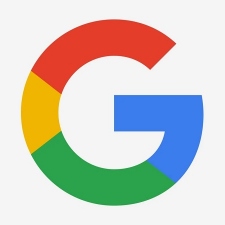Google's settlement with attorneys general from all 50 US states over an antitrust case will see it pay $700 million plus make some time-limited changes to how it runs its app store.
The tech giant is required to pay $630 million of the total to a fund that will "be distributed for the benefit of consumers". The remaining $70 million will go to a fund "that will be used by the states".
Key changes ahead
The settlement was initially agreed in September, but the details have only now been made public. Among the terms, it has been decided that Google must allow developers to promote their web stores with alternative pricing structures in-app, However, Google won't be forced to allow links to said web stores.
As noted by The Verge, alternate in-app billing systems must also be enabled for the next five years in the US, and Google cannot enforce that developers offer their best deals via the Google Play Billing option. There must also be no requirement for developers to launch on Google Play at the same time as other app stores.
Part of the settlement will go towards simplifying sideloading too, which enables developers to get their games in players’ hands without the Play Store acting as the middleman. For the next four years, Google will be required to allow sideloading stores to use its APIs to assist in this.
An affordable settlement
The immense scale of Google’s earnings is worth noting, with a $700 million settlement only representing approximately 21 days of operating profit from the Play Store alone.
Google VP of government affairs and public policy Wilson White shared the new settlement details while taking a light swing at Apple, stating: "We have always given developers more ways to interact with their customers than iOS and other operating systems. For example, Google Play allows developers to communicate freely with their customers outside the app about subscription offers or lower-cost options available on a rival app store or the developer’s website.
"This openness has spurred competition and benefited consumers and developers. As part of user choice billing, which we’re expanding with today’s settlement announcement, developers are also able to show different pricing options within the app when a user makes a digital purchase."
After Epic won its case against Google earlier this month, Tim Sweeney celebrated: "The end of these ridiculous 30% fees is near." The exact outcome of that case is still not clear.






















